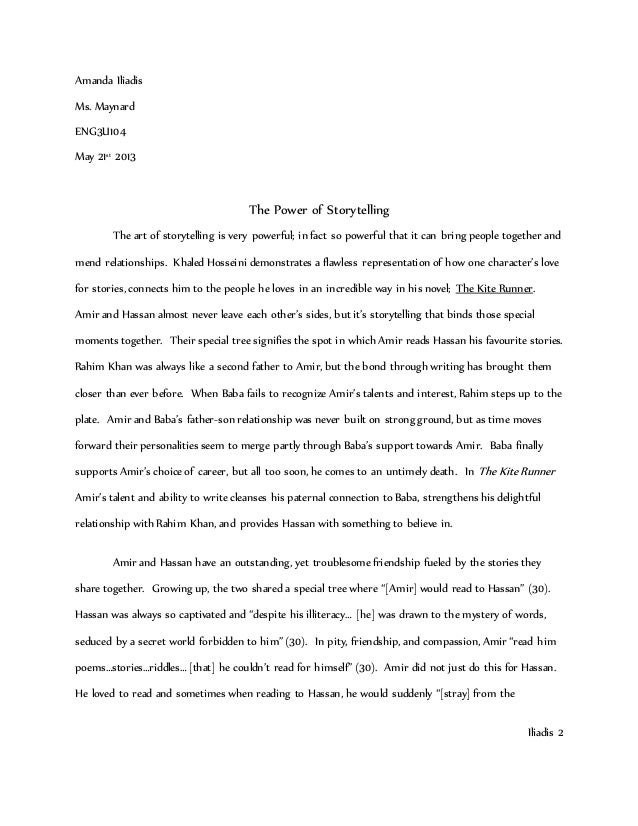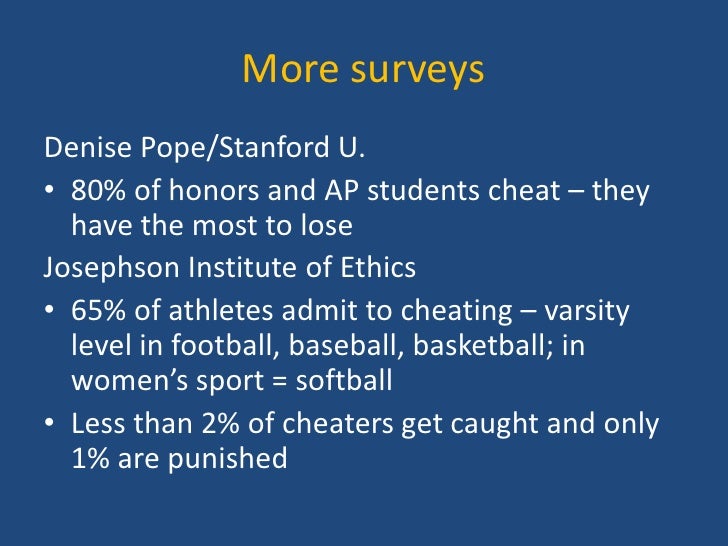
While we all seem prepared to lament what we perceive to be underdevelopment in our students, no one seems particularly inclined to take it upon themselves to fill in these critical gaps.

There is also a lot of hand-wringing about the absence of basic skills among new generations of students.


Today if that same terminal couldn’t locate any book in the world, or indeed a full-text keyword-searchable version of anything ever printed, we’d call somebody! So thinking about the behavior and outlook of my students based on my own undergraduate experience doesn’t make a whole lot of sense with the availability of material being so dramatically different. I remember one parents’ weekend when I took my parents on a tour of the library and showed them how I could use a computer terminal to find a book anywhere in the library. It could be a refuge for the dishonest back then, but certainly not for the lazy. As such, plagiarism was actually a rather daunting undertaking. While the internet was in formative stages of its development when I was in college, it was never a meaningful part of my experience as a student. Unfortunately though, we generally relate to our students through our own college experience. There’s a lot of talk in higher education these days about relating to so-called “digital natives.” I have to continually remind myself that the oldest of my undergraduates were in diapers when I was in college. And to be honest, if he had actually done enough work to encounter duplicate versions of the same text, as someone not entirely acclimated to the culture of academia, why would it necessarily occur to him that he could not duplicate it himself. At the end of the day I’m not sure he saw much of a problem with his approach to the paper, nor did he seem much bothered by the notion of failing the course. On one occasion when I confronted a student with their plagiarized essay, and a printout of where I had found the offending copy, he said, “well yea, I copied it, but not from there.” The cluelessness I had anticipated, the casualness I had not. Identical language can be found repurposed all over the internet.
PLAGARIZE ESSAY GRADER UPDATE
Every news story we read is an ill-fitting paragraph or two of update grafted onto the exact same story, word for word, that we read yesterday-which leads me to believe that journalism professors likely characterize plagiarism very differently than history professors do. It makes it onto every syllabus in what I like to call the “yadda” section based on how those sections are treated in the typical course orientation.īut what is perhaps more troublesome is that our culture isn’t doing much to help. Instead we generalize into even more vague and ambiguous terms like “academic honesty”-around which we wrap policies that are seldom read and almost as infrequently enforced. And we’ve done a rather poor job of articulating for students what exactly it is and why it should be taken seriously and avoided. What we found generally was that ideas about plagiarism vary dramatically between individuals, disciplines, and especially generations.
PLAGARIZE ESSAY GRADER SERIES
In a series of forum-style posts (available here, here, and here) we focused on root causes of plagiarism among students and struggled with whether or not our typical approaches to detecting and penalizing offenders did anything to address those motivations. But mostly it represented an opportunity to think through one of the stickier problems of contemporary higher education. We thought it could be a bit like Shark Week only dorkier.

It was along about this time last semester that we inaugurated “Plagiarism Week” at my other blog, Stillwater Historians. Just as your own semester workload is increasing and deadlines loom for conference abstracts, job applications, travel grants, and summer internships, here comes the dreaded stack of unmarked papers, some of which you know will consume more of your time than they did of their authors. Those essay assignments that seemed like such a good idea back in September are seeming distinctly less so as teetering piles of ungraded papers on your desk. We’ve reached that point in the semester that can become oppressive for TAs and grad students teaching their own courses. Image Creative Commons licensed by Fotopedia user Leandro Ardissone.


 0 kommentar(er)
0 kommentar(er)
